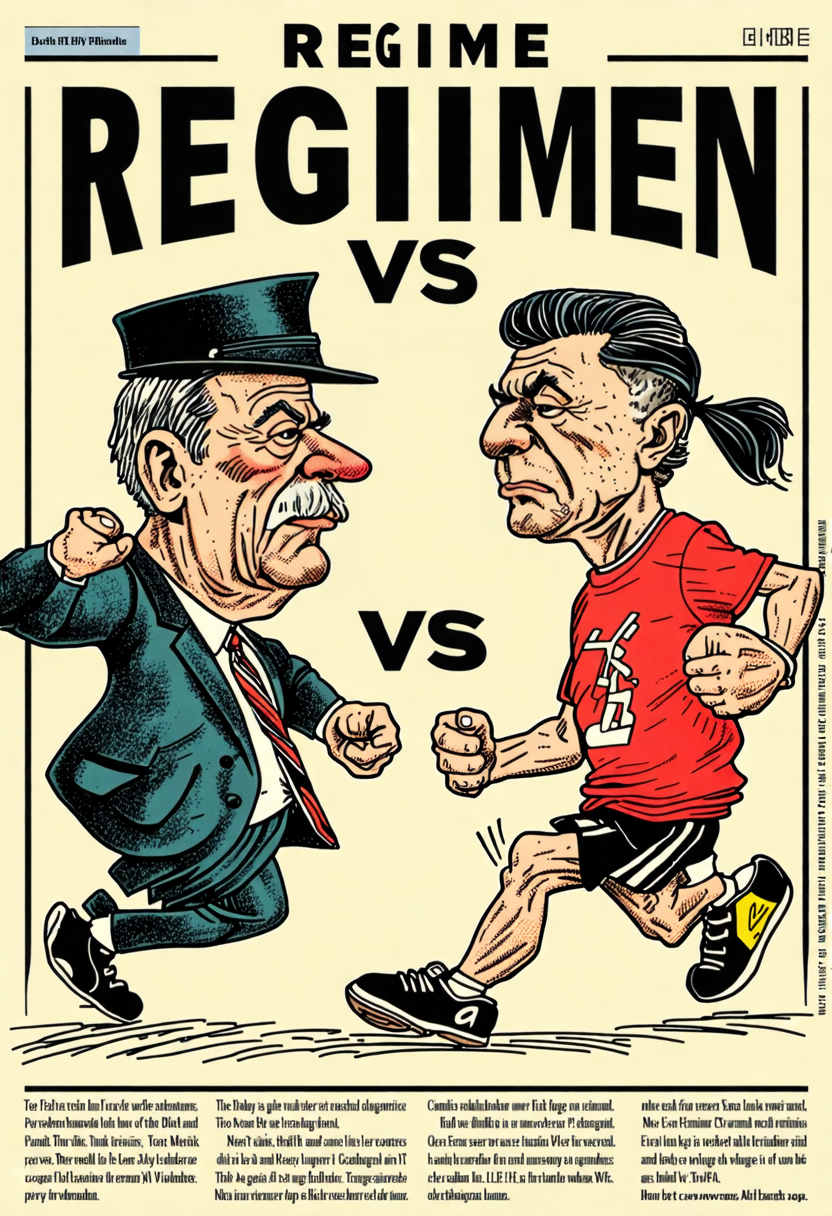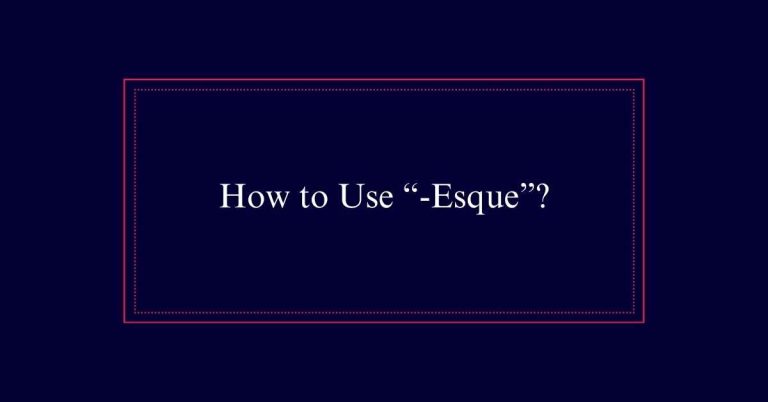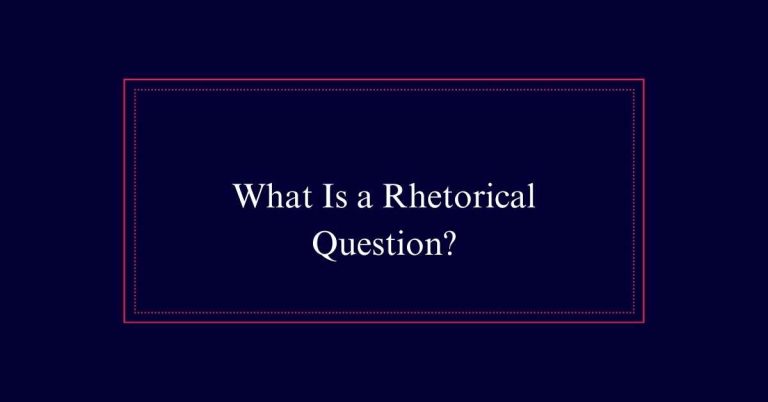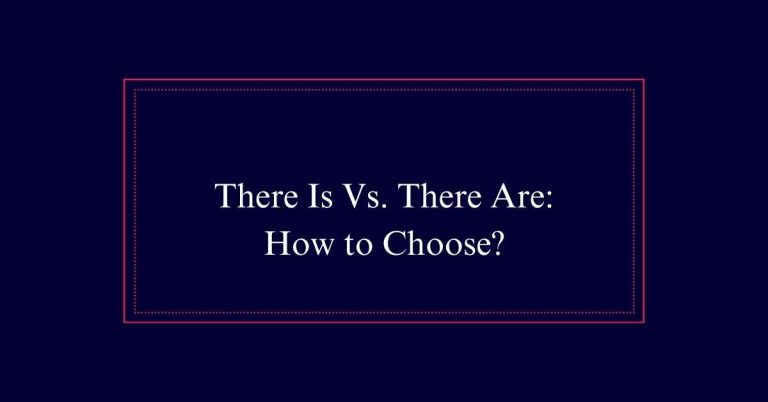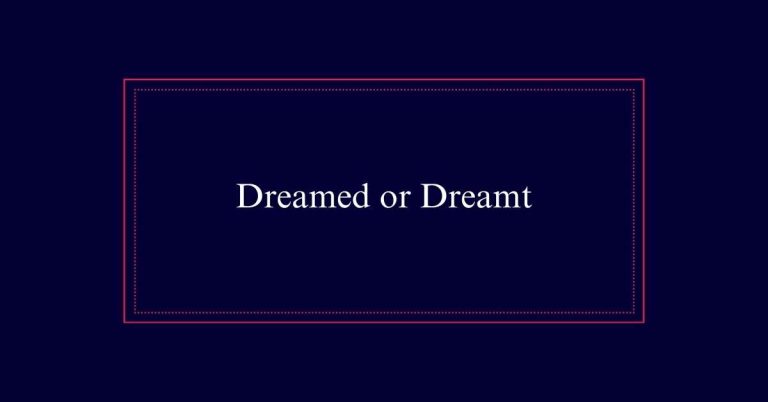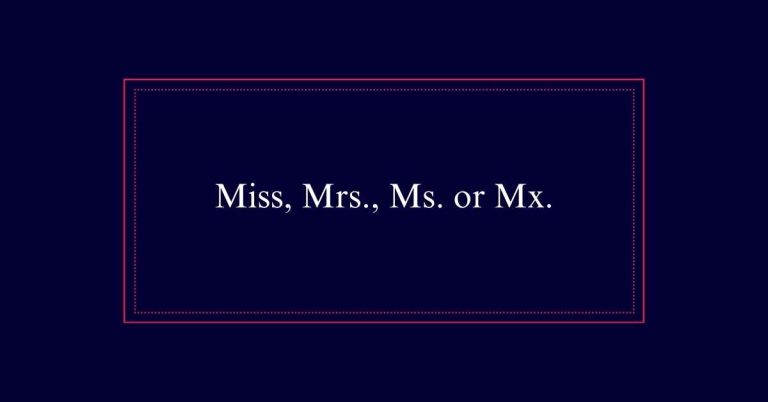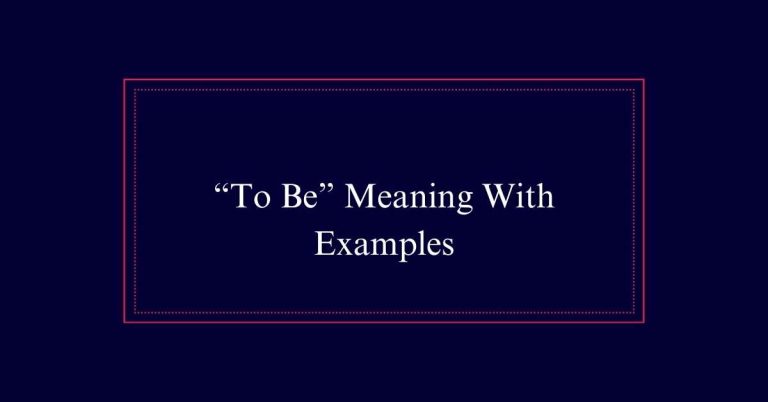Regime Vs. Regimen
Regimen and regime are often confused but have distinct meanings. A regimen refers to a systematic plan or routine aimed at achieving a specific goal, commonly used in health, fitness, or skincare. For example, a skincare regimen might include cleansing and moisturizing steps. On the other hand, a regime pertains to a system of government or rule, often associated with authoritarian control, like the regime in North Korea.
Defining Regimen
A regimen refers to a systematic plan or routine designed to achieve specific goals. This structured approach is often used to improve health, fitness, or personal well-being.
For example, a skincare regimen may involve a series of steps such as cleansing, moisturizing, and applying sunscreen to maintain clear, healthy skin. Similarly, an exercise regimen might include a mix of aerobic activities, strength training, and flexibility exercises to enhance physical fitness.
In medical contexts, a regimen can involve a prescribed course of treatment, such as taking B-vitamin shots. Overall, regimens provide a disciplined framework that helps individuals stay on track and achieve their desired outcomes, whether in health, fitness, or other areas of life.
Examples of Regimen
To illustrate the concept of a regimen, consider the daily routines adopted to achieve better health, fitness, and well-being. A regimen involves a systematic plan designed to accomplish specific goals. These structured routines can vary widely but share a common purpose of improving one’s life.
Morning Exercise: A brisk walk or jog to jumpstart the day.
Balanced Diet: Eating nutrient-rich meals to fuel the body.
Skincare Routine: Applying products to maintain healthy, glowing skin.
Meditation Practice: Spending time in mindfulness to reduce stress.
Sleep Schedule: Ensuring consistent, restful sleep for recovery.
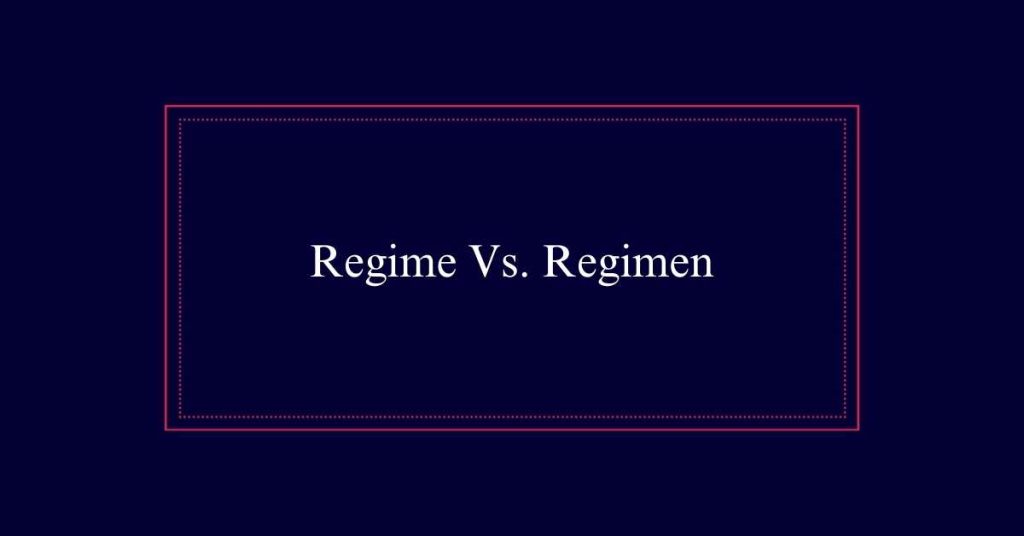
Understanding Regime
When discussing ‘regime,’ it is important to understand its association with systems of governance, often characterized by authoritative control. A regime typically refers to a government, especially one that exercises strict or authoritarian power. It originates from the Latin word meaning ‘rule.’
The term is commonly used to describe political situations where power is centralized and individual freedoms may be limited. Regimes can vary in form, from military regimes to totalitarian states. The word often carries a negative connotation, implying oppressive or undemocratic practices.
Understanding the nuances of the term helps in accurately describing political structures and their impacts on society. This distinction is vital for clear communication in political discourse.
Examples of Regime
Numerous historical examples illustrate the characteristics of regimes. These regimes, often marked by their distinct forms of governance, shape the political landscape and societal norms.
- Nazi Germany: Under Adolf Hitler, this regime led to the devastation of World War II and the Holocaust.
- Soviet Union: Joseph Stalin’s rule was characterized by political repression and state control.
- North Korea: The Kim dynasty maintains strict control over citizens’ lives, limiting freedoms.
- Apartheid South Africa: Enforced racial segregation and discrimination, leading to immense suffering.
- Pinochet’s Chile: Known for human rights abuses and enforced disappearances during military rule.
Comparing Meanings
Frequently, the terms regime and regimen are confused due to their similar spellings and overlapping meanings. Regime refers to a system of government, often with an authoritarian connotation. For instance, a military regime implies a government led by military forces.
In contrast, regimen denotes a planned routine, especially in medical or personal care contexts. For example, an exercise regimen outlines specific fitness activities. While both words involve organized systems, their applications differ greatly. Regime is mainly used in political contexts, whereas regimen is more common in discussions about health and personal routines.
Historical Origins
Tracing their historical origins, the terms ‘regime’ and ‘regimen’ both find their roots in Latin language.
‘Regimen’ comes from the Latin word ‘regimen,’ meaning ‘rule’ or ‘guidance.’ This word evolved through Old French to denote a system of order, particularly in health and medicine.
On the other hand, ‘regime’ originates from the Latin word ‘regimen’ as well, but took on a political connotation over time, referring to systems of government.
- Historical Depth: The etymology dates back to ancient Rome.
- Cultural Evolution: Words adapted to societal changes.
- Dual Meaning: Same origin, different modern meanings.
- Linguistic Journey: Progress through French and English.
- Emotional Impact: Words evoke feelings of order and control.
Medical Contexts
In medical contexts, the term ‘regimen’ refers to a structured plan designed to improve health. It includes specific guidelines for medication, nutrition, exercise, and other health-related activities. Adherence to a regimen can be essential for managing chronic conditions, recovering from illnesses, or maintaining overall well-being.
Here is a table to illustrate various types of medical regimens:
| Type of Regimen | Purpose | Examples |
|---|---|---|
| Medication Regimen | Treatment of diseases | Antibiotics, chemotherapy |
| Exercise Regimen | Physical fitness and health | Cardiovascular workouts, yoga |
| Dietary Regimen | Nutritional health | Low-carb diet, vegan diet |
| Therapy Regimen | Mental health | Cognitive-behavioral therapy |
Political Contexts
While regimens play a pivotal role in medical contexts, regimes are central to discussions surrounding political structures and governance. A regime refers to the organization and administration of a government. This term often implies authoritative or dictatorial control. In political dialogue, the word ‘regime’ can evoke strong sentiments due to its association with power dynamics and human rights issues.
Oppression: Many regimes suppress freedom of speech.
Fear: Citizens often live in fear under authoritarian regimes.
Hope: Resistance movements inspire hope for change.
Despair: Failed uprisings can lead to despair.
Unity: Communities can unite against oppressive regimes.
Understanding the nature of political regimes sheds light on the complexities of governance and power.
Regional Usage Differences
The usage of ‘regime’ and ‘regimen’ varies greatly between American and British English. In American English, ‘regime’ is primarily used to describe a government, often with a negative connotation, implying authoritarianism. Americans use ‘regimen’ to refer to a systematic plan, especially in health and fitness contexts.
In contrast, British English tends to use these terms more interchangeably. Brits might use ‘regime’ to describe both government structures and personal routines, although ‘regimen’ is still understood in medical contexts. This regional difference can lead to confusion, as the connotations and contexts of each word shift depending on the audience.
Understanding these nuances is essential for clear communication in international contexts.
Practical Examples
Numerous practical examples illustrate the distinct uses of ‘regime’ and ‘regimen’ in various contexts. In political discussions, ‘regime’ often describes a government system, usually with a focus on its authoritative nature. Conversely, ‘regimen’ refers to a systematic plan or routine, especially in health and fitness.
- A strict exercise regimen: Soldiers follow a rigorous regimen to maintain peak physical condition.
- Skincare regimen: Many individuals adhere to a daily skincare regimen for clear, healthy skin.
- Military regime: Citizens may live under a military regime with strict rules and regulations.
- Medical treatment regimen: Patients adhere to treatment regimens to manage chronic illnesses.
- Political regime change: Historical events often depict the fall of old regimes and the rise of new ones.
Frequently Asked Questions
How Do Pronunciation Differences Affect Regime and Regimen Usage?
Pronunciation differences between “regime” (re-zheem) and “regimen” (rej-uh-men) can affect their usage. The distinction clarifies meaning, helping avoid confusion between a government system and a planned routine, especially in spoken communication.
Can Regime and Regimen Be Used in the Same Sentence?
Yes, regime and regimen can be used in the same sentence. For example, “Under the new regime, citizens are encouraged to follow a strict fitness regimen to improve public health and discipline.”
